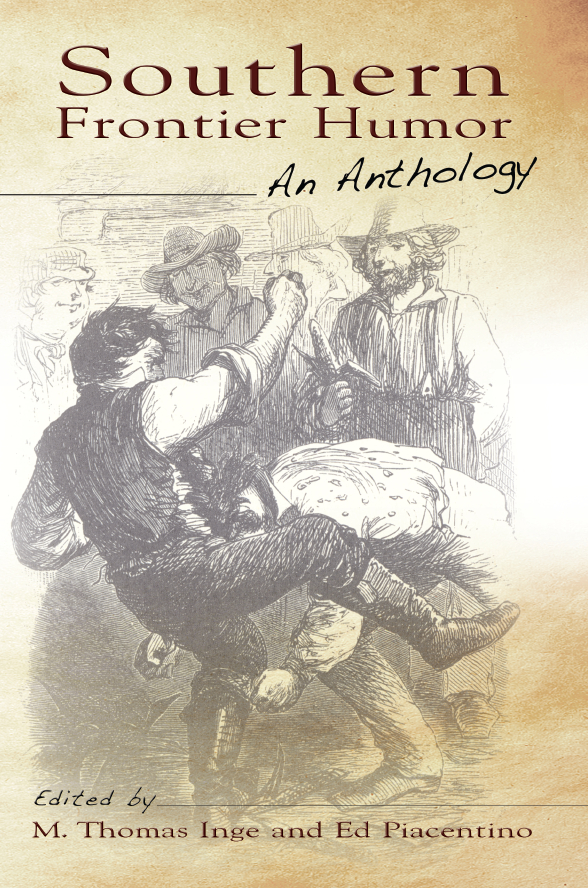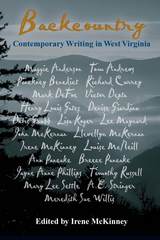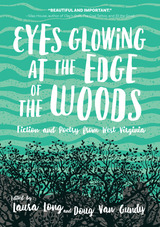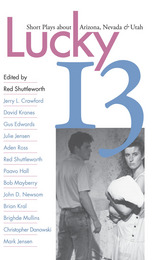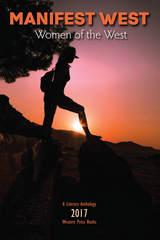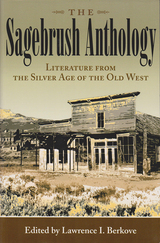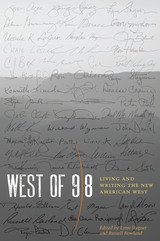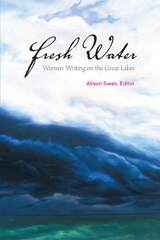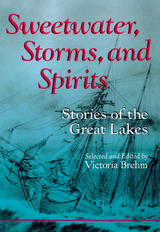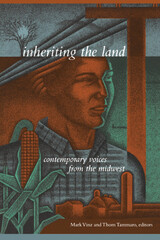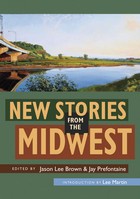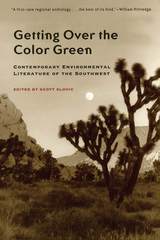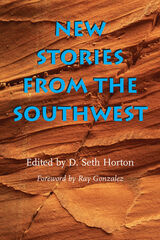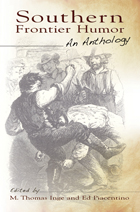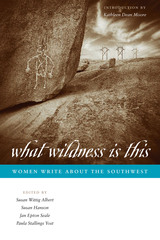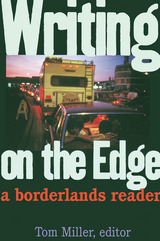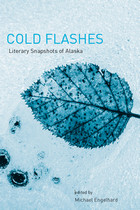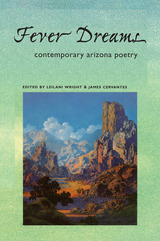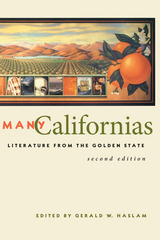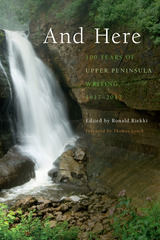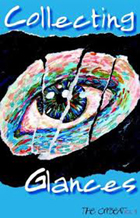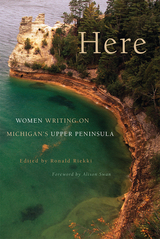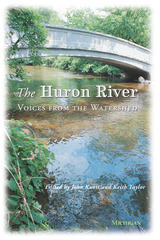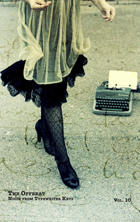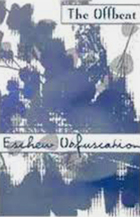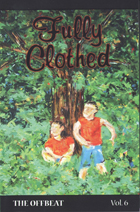Southern Frontier Humor: An Anthology
University of Missouri Press, 2010
eISBN: 978-0-8262-7220-1 | Paper: 978-0-8262-1886-5
Library of Congress Classification PS566.S48 2010
Dewey Decimal Classification 810.80976
eISBN: 978-0-8262-7220-1 | Paper: 978-0-8262-1886-5
Library of Congress Classification PS566.S48 2010
Dewey Decimal Classification 810.80976
ABOUT THIS BOOK | AUTHOR BIOGRAPHY | REVIEWS | TOC | REQUEST ACCESSIBLE FILE
ABOUT THIS BOOK
If, as some suggest, American literature began with Huckleberry Finn, then the humorists of the Old South surely helped us to shape that literature. Twain himself learned to write by reading the humorists’ work, and later writers were influenced by it. This book marks the first new collection of humor from that region published in fifteen years—and the first fresh selection of sketches and tales to appear in over forty years.
Thomas Inge and Ed Piacentino bring their knowledge of and fondness for this genre to a collection that reflects the considerable body of scholarship that has been published on its major figures and the place of the movement in American literary history. They breathe new life into the subject, gathering a new selection of texts and adding Twain—the only major American author to contribute to and emerge from the movement—as well as several recently identified humorists.
All of the major writers are represented, from Augustus Baldwin Longstreet to Thomas Bangs Thorpe, as well as a great many lesser-known figures like Hamilton C. Jones, Joseph M. Field, and John S. Robb. The anthology also includes several writers only recently discovered to be a part of the tradition, such as Joseph Gault, Christopher Mason Haile, James Edward Henry, and Marcus Lafayette Byrn, and features authors previously overlooked, such as William Gilmore Simms, Ham Jones, Orlando Benedict Mayer, and Adam Summer.
Selections are timely, reflecting recent trends in literary history and criticism sensitive to issues of gender, race, and ethnicity. The editors have also taken pains to seek out first printings to avoid the kinds of textual corruptions that often occur in later versions of these sketches. Southern Frontier Humor offers students and general readers alike a broad perspective and new appreciation of this singular form of writing from the Old South—and provides some chuckles along the way.
See other books on: American wit and humor | Anthology | Humor | Literary collections | Southwest, Old
See other titles from University of Missouri Press
